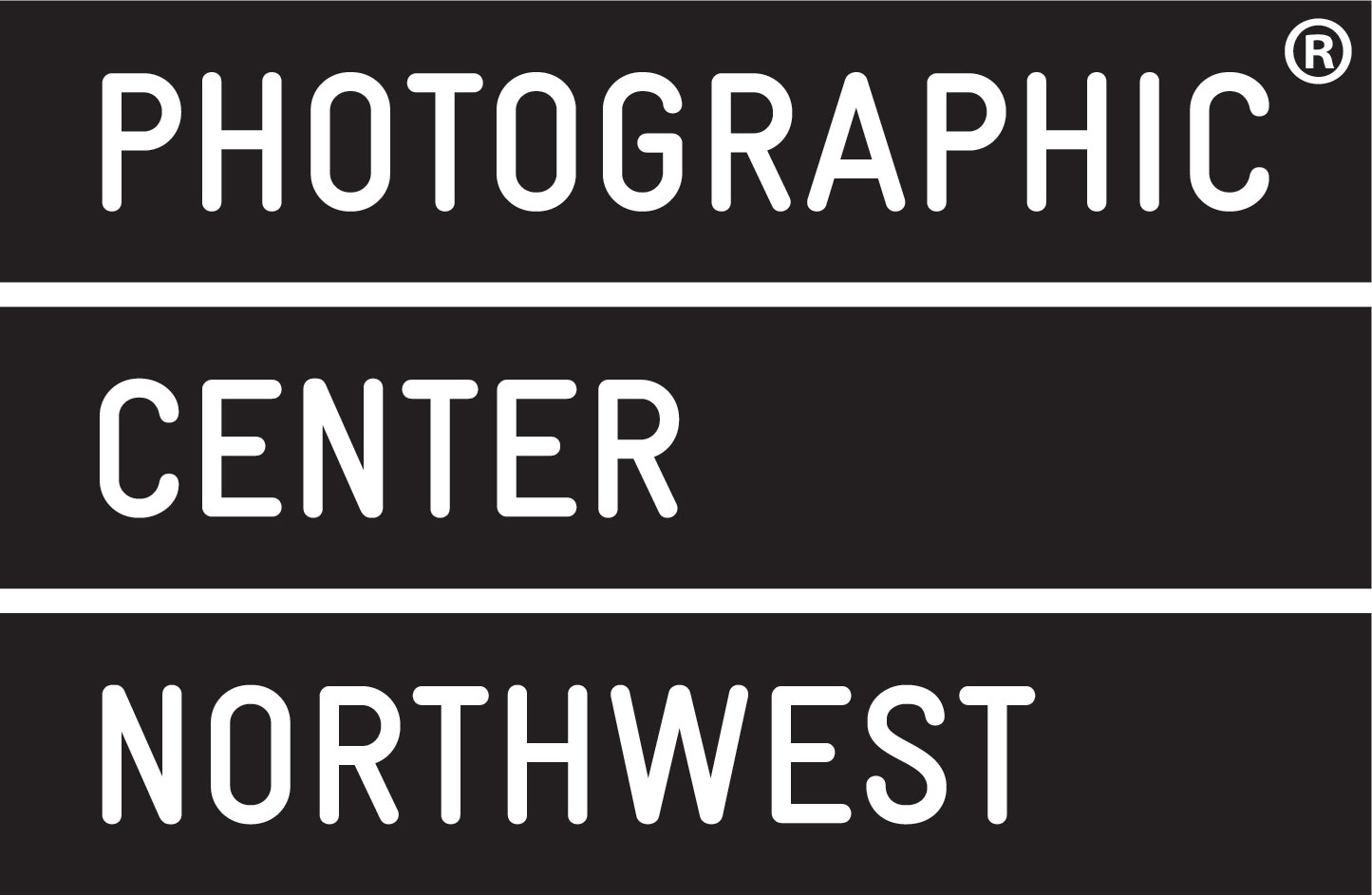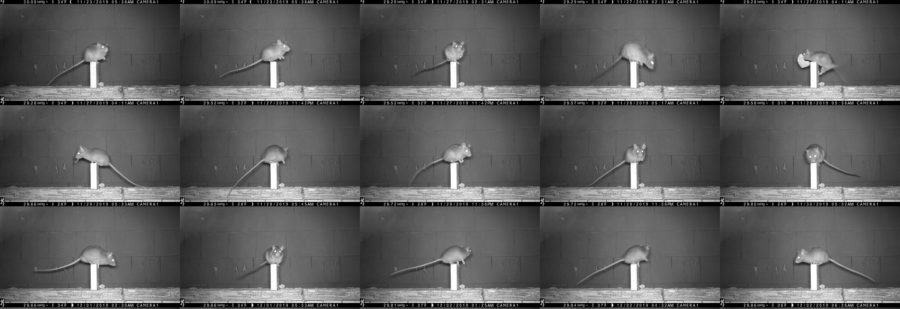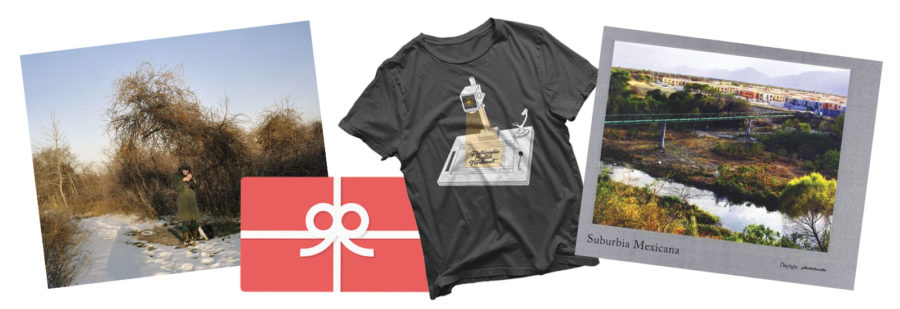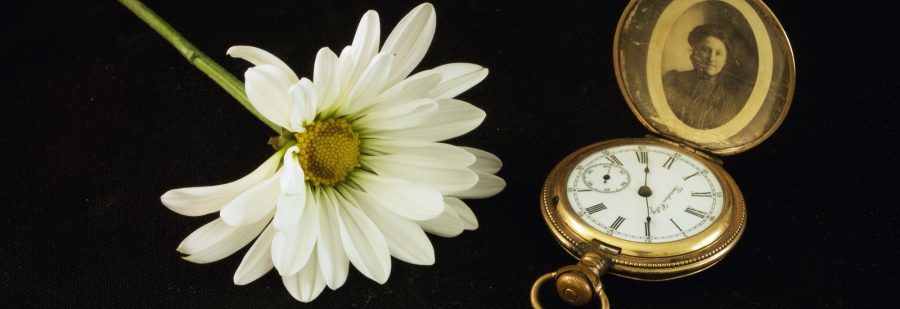This week we saw the closing of the gallery exhibition Social Order: Women Photographers from Iran, India, and Afghanistan as well as the final presentations from students in Women in Photography with instructor Molly Landreth. View a selection of work from the course along with artist statements from our students.
CLICK HERE TO SIGN UP FOR A WINTER 2013 CLASS
[portfolio_slideshow]
Kateri Town
Give Me My Hill Back
I have never felt as at home as I do on Capitol Hill. I love the food, the shops, and even the weather sometimes. I remember coming here two years as an excited freshman and photographing the beauty of the Hill as I walked with my boyfriend and friends to various locations around the area.
It wasn’t until I started walking around the hill on my own that I started realizing that it isn’t as wonderful as I initially thought. A night of being chased by drunken men in a car. Days of being harassed when I walk around alone. All of these events begin to pile up and eventually led to my withdrawal the place I once loved. In the end, a majority of my summer was spent in my home, too tired and frustrated to deal with the men outside.
Is this the price of womanhood? And how are we to speak up? Defenses such as “It’s a compliment” or “You were asking for it” accepted as excuses for these acts that can are degrading and terrifying to those on the receiving end. While street harassment might seem harmless, it is a slippery slope leading towards greater acts of sexual violence.
Give Me My Hill Back is 5 images composed based around my sadness and fear. It is my attempt to encapsulate the frustration I feel. It is a simple plea. With these photographs, I am attempting to express my discontent and sadness with our society. How can the world say we are equal when I don’t feel like I can safely and happily walk around my neighborhood?
Laura Lowery
impossible grace
my images explore what it was like trying to navigate an abusive relationship.
walking on eggshells
not pushing his buttons
just wanting to breathe
constant vigilance
always cleaning up his mess
thinking ‘i should be able to fix this’
quietly crumpling under the pressure of what was kept secret
in these images, i reflect on phrases i have used to try to explain to other people what it was like to be an abusive relationship. i do this by focusing on well-known metaphors that are palpable – walking on eggshells trying not to crush them, not pushing buttons when his were countless and unavoidable.
in this project, i have been inspired by the work of francesca woodman, sophie calle, and gazelle samizay. with this project i hope to ultimately show that living in – and getting out of – an abusive relationship does not make a woman any less graceful, if anything it makes her more so.
Susan Gans
Our private lives are a composite of dreams, fantasies, truth, and questions. In the mix is reality capped by a compilation of successes and failures that are the public accounting of who we have been. At the moment when one realizes there is no time for a redo …then what?
This question permeates my daily life. It is a ritual. I think about the events that have shaped my personality and affected my decisions. I stare at my fears and the sense of disconnection to the future. I wonder if I can be vital today or tomorrow. Will I ever really reach the stars or have a modicum of success at this age in a world that seems to value youth and beauty above all else. Does it matter?
Mannequins have served as my muse. They wear the symbols and express the rules for success in the world as I have known it. They are both friends and enemies. I am fascinated by them and despise them. As this project is a documentary study, the sequences include actual portraits that partner with the mannequin photographs. In keeping with a traditional documentary style from my era these images and montages are in black and white.
The context for this project is influenced by the work of: Claude Cahon, Dora Maar, Valerie Belin, and Cindy Sherman because their work explores identity, the unconscious mind, ambiguity and societal perception. However, the final presentation will look at two other photographers whose work is somewhat related: Mary Ellen Mark and Vivian Maier because their work extends the meaning of portraiture in the social sense and looks at their own experience with aging.
Nina Carmichael
In all honesty I just want to play. As I age out of childhood and transition from youth to adult I realize I’ve forgotten how important it is. This series is an attempt to tap into my childhood mind in order to dress-up my early adulthood experience. This project has allowed me to intentionally set time away for myself to be with myself in an intimate and innocent way and for that I am truly thankful.
Lisa Ahlberg
Increasingly the popular image of the Seattle area is Microsoft and hi tech, Starbucks and $5 coffees, ever-fancier restaurants with ever-higher prices and all that goes with that.
I am interested in a different Seattle. The Seattle of working people; those of all backgrounds and nationalities including the many immigrant workers who are changing Seattle and the surrounding cities, as they are so much of the United States.
The wealthy have always had their portraitists. I choose other subjects.
I am an industrial worker myself and it is working people I turn to with my camera. I am influenced by outstanding photographers such as Mike Disfarmer, Milton Rogovin and Seydou Keita, Diane Arbus artists who have all produced revealing portraits that capture a certain place and time as well as the dignity of their subjects.
For over 10 years I have photographed in White Center, an old Seattle-area working-class neighborhood of shipyard workers, housekeepers, landscapers and others. My photos aim to capture the dignity of every-day working people. I am inspired by Malcolm X who was asked once in an interview if he was trying to wake people up to their oppression. “No,” he answered, “I am trying to wake them up to their own self-worth.”
Paola Faggella
I never wanted to be a single mother. I don’t wish it upon anyone. With it come the projective thoughts either born out of anxiety or attempts to come up with contingency plans. “What do I do if I’m sick?” “How do I work fulltime and take care of her?” “Do I really care about that pile of laundry or do I want to read her a book?” I have piles in my mind of all the things I need to take care of. One has to be stealth at making decisions and finding moments of rest. Being a mama bear is a gift. These photos even in moments of despair and sickness are the roar of never stopping for my child.
Nick Spaccarotelli
World Individual
Come one, come all,
There’s no such thing as right.
Each person’s unique,
Got their own light.
Meticulous with ones creativity,
That’s the name of the game.
Don’t like how it works?
Step back and give yourself blame.



